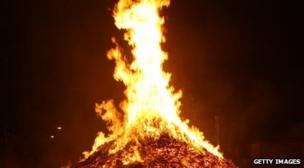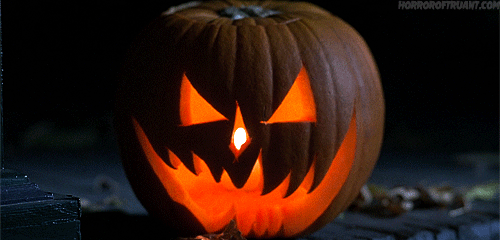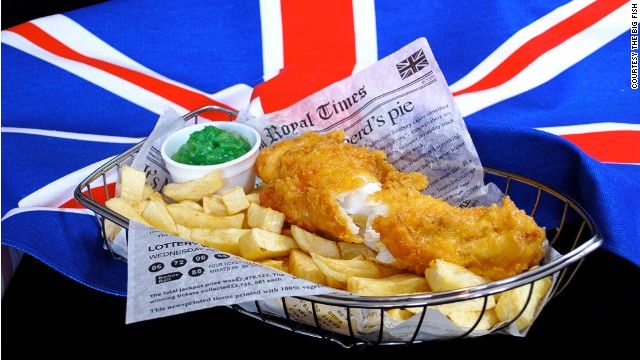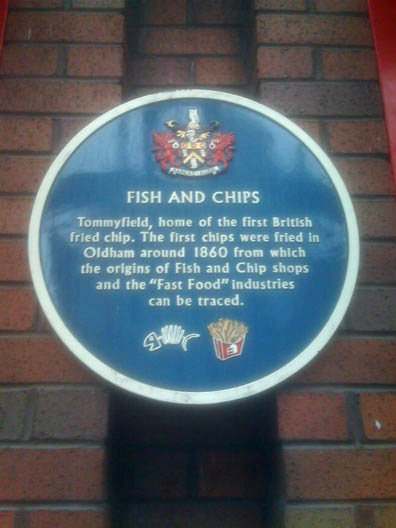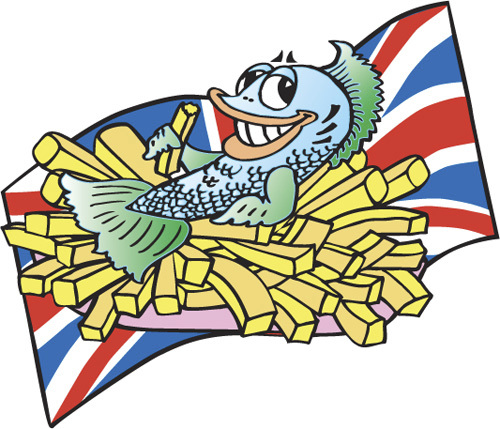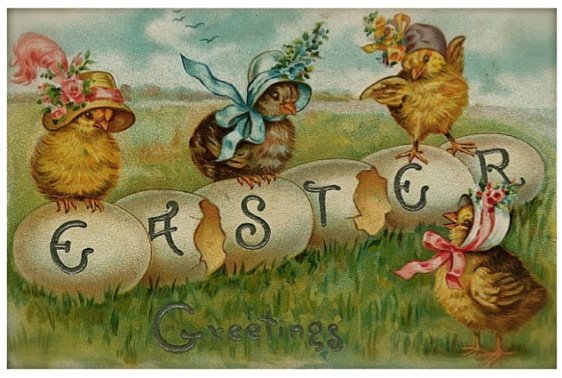Why do they have Bonfire Night and fireworks displays every November 5 in the UK?
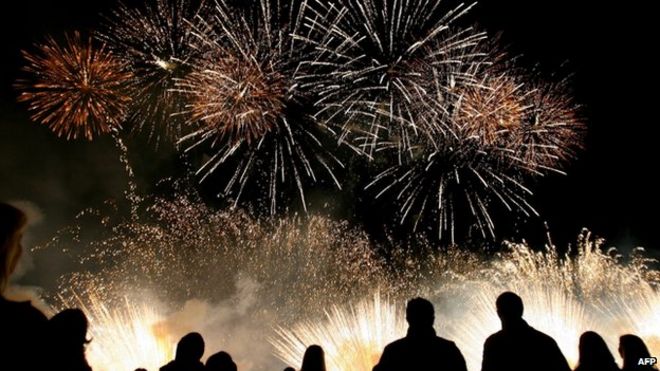
What is Bonfire Night?
On November 5 people across the UK celebrate Bonfire Night.
There are small fireworks parties in back gardens along with big organised displays in public parks.
The reason they do it is because it's the anniversary of an attempt to blow up the Houses of Parliament led by a man called Guy Fawkes.
It's called the Gunpowder Plot, and bonfires are lit to burn the "Guy" - a kind of dummy that represents Fawkes.
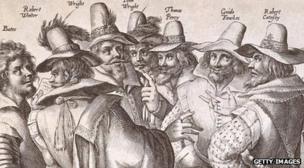 Guy Fawkes (second from right) and the conspirators of the Gunpowder Plot
Guy Fawkes (second from right) and the conspirators of the Gunpowder PlotWhat was the Gunpowder Plot?
Guy (Guido) Fawkes led the Gunpowder plot in 1605. It was a plan to blow up King James I and his government.
Fawkes and his group put 36 barrels of gunpowder in cellars under the Houses of Parliament in London, ready to set off a massive explosion.
One member of the group sent a letter to his friend who worked in Parliament, warning him to stay away on November 5.
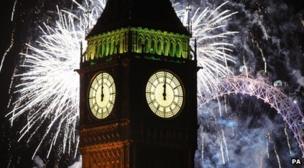
The King's supporters got hold of the letter and the plot was rumbled!
Guards broke into the cellars where the gunpowder plotters were waiting. They were arrested, tortured and executed.
The Gunpowder Plot was about religion. England was a Protestant country, and the plotters were Catholic.
The group wanted to return England to the Catholic faith. They thought they could do this by killing King James I and his ministers.
